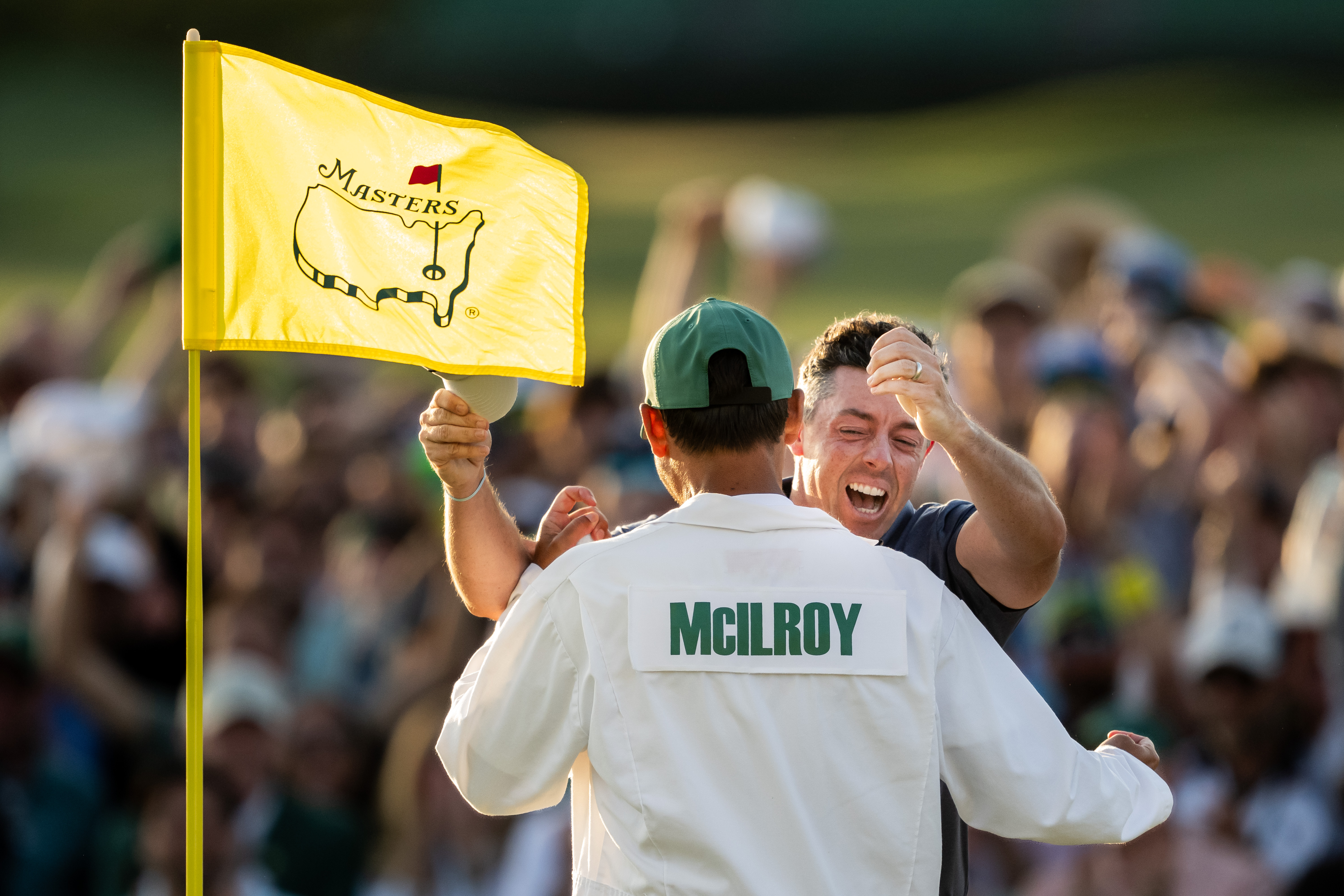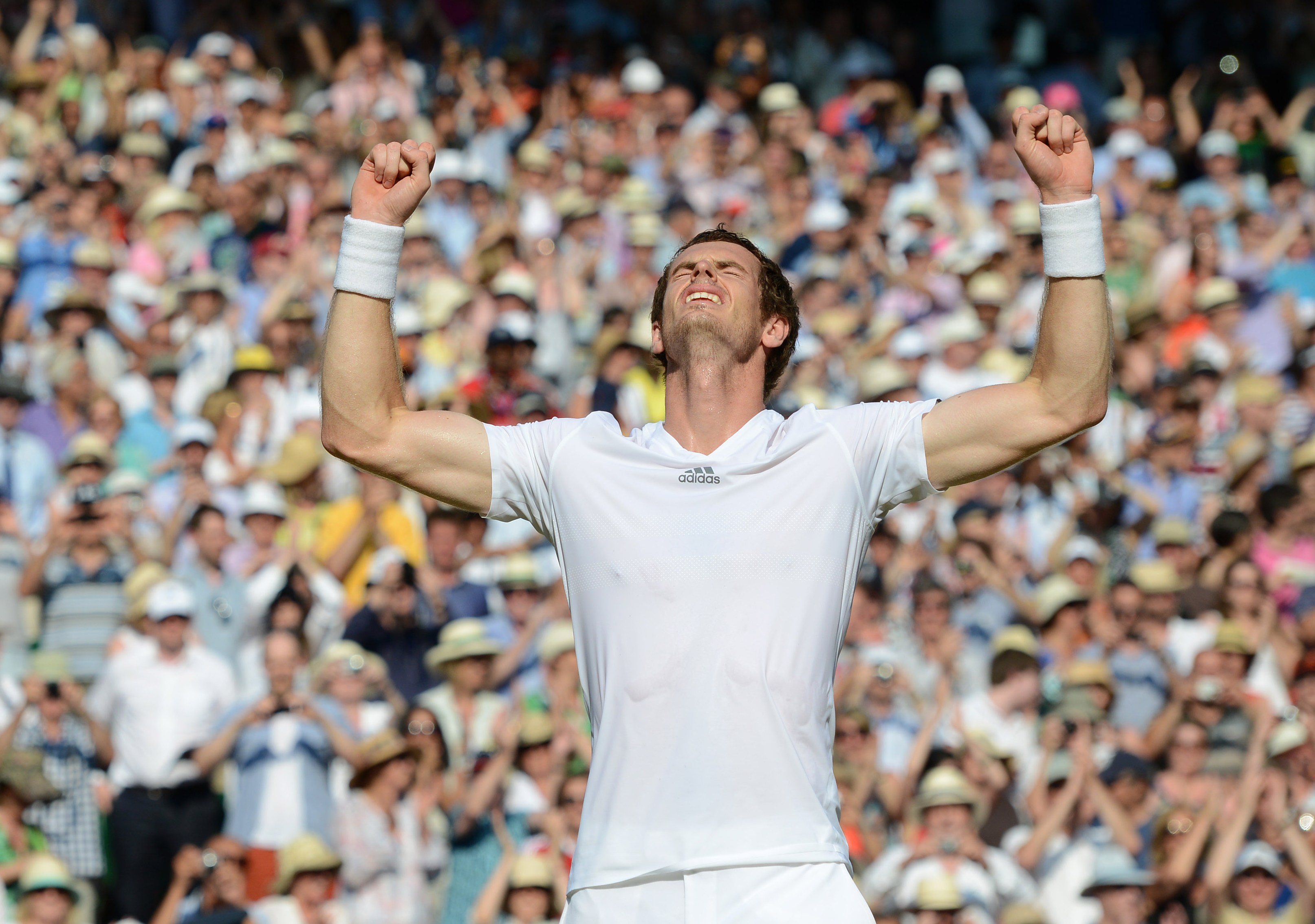Rory McIlroy’s Victory: A Showcase of Sporting Excellence and Late-Game Thrills
Scar tissue—this is the term Sir Nick Faldo used to describe the emotional baggage athletes carry with them throughout their careers. He stated that his own path as a professional golfer was devoid of such burdens.
Faldo has a point. Throughout his career, when he emerged victorious, he was in total command; when he faced defeat, it was often at the hands of a superior competitor. Even his most significant setback, as the European Ryder Cup captain, didn’t leave deep emotional wounds, as the five-point loss was widely anticipated.
Contrastingly, Rory McIlroy illustrates a different narrative. He is an outstanding golfer whose career is marked by numerous emotional peaks and valleys. Unlike Faldo, who remains largely untainted by the sport’s harsh realities, McIlroy exemplifies how athletic greatness often comes with its share of pain. The experiences of triumph bring immense joy, yet the road to reaching these moments can be tumultuous.

This past Sunday at Augusta presented one of the most intense spectacles even by McIlroy’s standards. However, such rollercoaster experiences are not new for him. Reflecting on his earlier triumph at the 2011 US Open in Congressional, where he led by eight strokes and set several records, he encountered a moment of bewilderment when a fan adorned him with an Irish tricolor, which he promptly discarded.
Many sports fans have witnessed similar intense moments over the years. Personally, I can recall multiple unforgettable events spanning 25 years, like Manchester United’s memorable victory in the 1999 Champions League final at the Nou Camp, Sir Steven Redgrave’s historic fifth Olympic gold, Haile Gebrselassie’s nail-biting 10,000-meter Olympic victory, and the monumental Rugby World Cup final in 2003. Each of these occasions encapsulated pure sporting drama and joy, but also left emotional marks on the athletes involved.

The heart of sport lies not just in its beauty, courage, or excellence; it also thrives on its unpredictability. For instance, the Atlanta Falcons were given a 99.8% chance of winning during Super Bowl LI before they shockingly lost to the New England Patriots. Similarly, questions arise regarding McIlroy’s decisions during crucial moments, such as why he didn’t simply chip the ball onto the green. Such inquiries underline the complexities of sportsmanship—nothing is ever as it seems.
These moments portray the unpredictable nature of championships. Historical feats like the Chicago Cubs’ 2016 World Series win, after a long drought, illustrate how a game can unfold in unexpected ways. In tennis, we’ve seen Andy Murray struggle against Novak Djokovic only to pull off a stunning final set win, a testament to the relentless pressure faced by elite athletes.
The psychological burdens faced by athletes like McIlroy and Murray—often amplified by their past experiences—add layers to their performances. Yet, such unpredictability in high-stakes situations is what makes the narrative of sports so compelling. Would England’s Rugby World Cup victory have held the same impact without the thrill of overcoming a fierce challenge from Australia?
In the aftermath of such endeavors, Sir Nick Faldo aptly captured the essence of McIlroy’s recent challenge, stating, “It was the most riveting and agonizing golf and emotions we’ve ever been through.” This duality of joy and pain is what defines the beauty of sports.




Post Comment